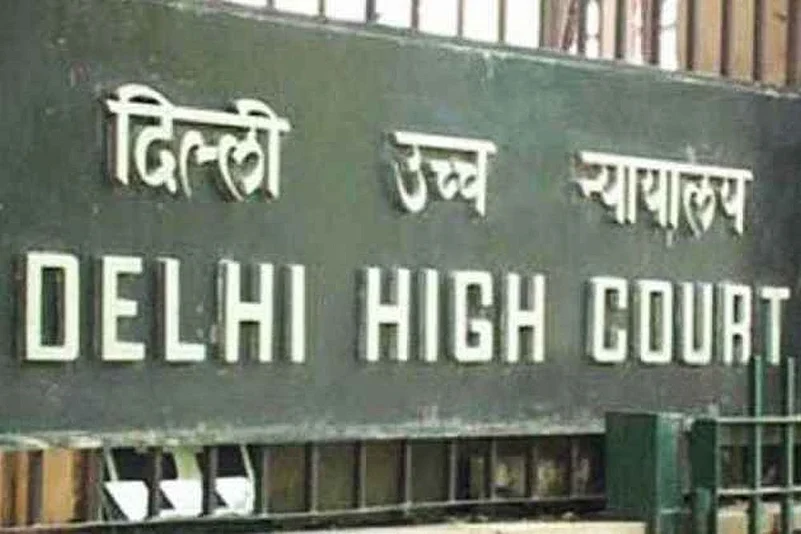The Delhi High Court on Wednesday set aside a summons issued to the editor and deputy editor of online news portal "The Wire" in a criminal defamation case over a publication on a dossier allegedly depicting the Jawaharlal Nehru University (JNU) here as a "den of organised sex racket".
The complaint was made by Amita Singh, Professor and Chairperson of the Centre for Study of Law and Governance at the JNU, against several people, including the editor and deputy editor of "The Wire", for allegedly imputing in the April 2016 publication that she had prepared the dossier in question.
Justice Anup Jairam Bhambhani said he was unable to discern how the article could be said to have defamed the complainant when it "nowhere says that the respondent (Singh) is involved in the wrongful activities, nor does it make any other derogatory reference to her in connection therewith".
The controversial dossier exposed wrongful activities that were stated to be going on in the JNU campus and that Singh was leading a team of people who compiled the document, the judge added.
The court also said the subject publication itself was not before the magisterial court in accordance with section 65B of the Evidence Act.
"On a plain reading of the extract of the subject publication, which is all that was contained in the complaint, there appears to be nothing 'defamatory' in it, as understood in law, since all it says is that the dossier calls out certain wrongdoing in the university. Since, on the point of law, there can be no oral evidence in substitution of a certificate under section 65B of the Evidence Act, there was no material before the learned magistrate based on which the summoning order could have been passed," the court said.
It further said the complainant's grievance was that the comments made by certain other accused persons against her were defamatory but the lower court did not summon them.
"Summoning order dated 07.01.2017 made by the learned metropolitan magistrate in criminal complaint bearing CC No. 32203/2016 cannot be sustained in law, and is accordingly quashed and set aside," the court ordered.
The complainant had argued before the lower court that the accused persons had launched a hate campaign against her to malign her reputation.
The editor and deputy editor of "The Wire" had challenged the summoning order before the high court on the ground that there was no material on record on the basis of which the magistrate could have summoned them.
-With PTI Input


























